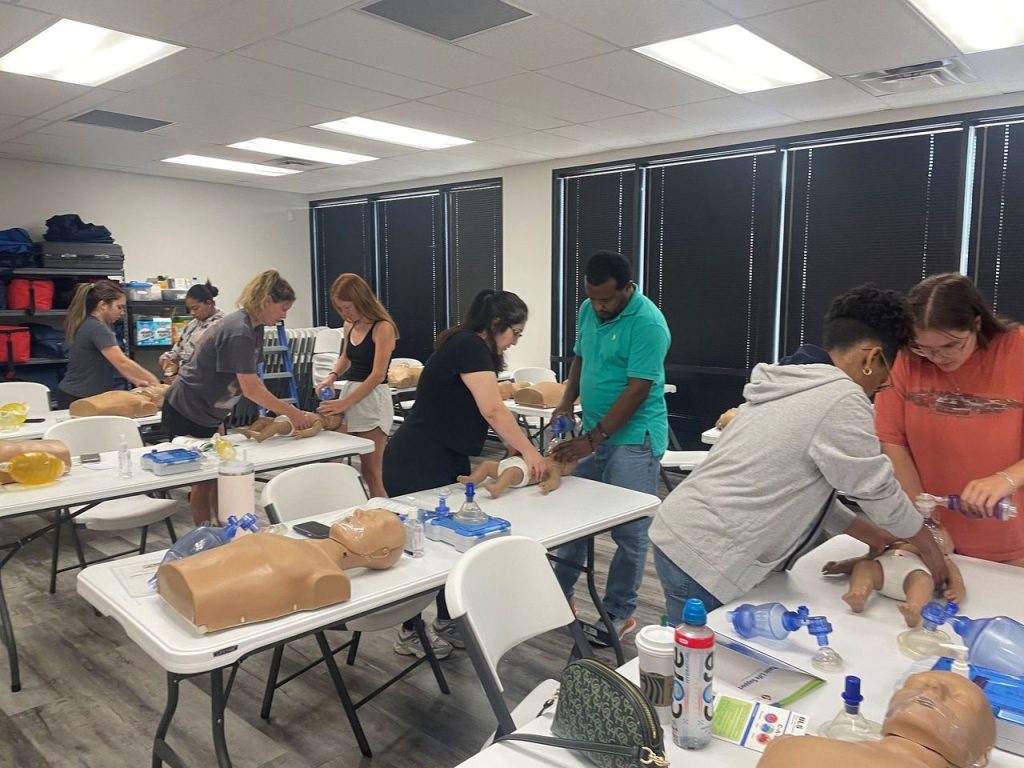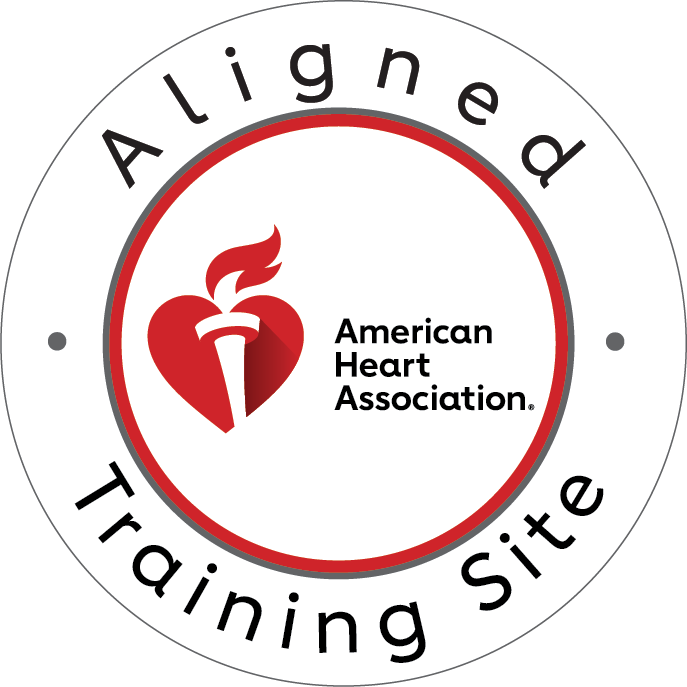In the fast-paced world of healthcare, every second counts. When cardiac arrest strikes, the difference between life and death often comes down to the immediate response of healthcare professionals. Yet, despite the critical nature of CPR and Basic Life Support (BLS) skills, many medical providers allow their certifications to lapse or view renewal training as just another box to check. This perspective overlooks a crucial truth: CPR certification isn’t just about compliance—it’s about confidence, competence, and the capability to save lives when it matters most.
The Critical Role of CPR in Modern Healthcare
Healthcare providers face a sobering reality: nearly 475,000 Americans die from cardiac arrest each year. Studies show that immediate, high-quality CPR can double or triple a patient’s chance of survival. However, research published in the Journal of the American Heart Association reveals that CPR skills can deteriorate significantly among healthcare professionals within months after training. This degradation of skills directly impacts patient outcomes, making regular certification and CPR renewal essential.
Why Your CPR Skills Matter More Than Ever
The healthcare landscape is evolving rapidly, presenting new challenges that demand updated CPR knowledge:
- New protocols for resuscitation, require healthcare providers to adapt their techniques while maintaining personal safety
- The increasing prevalence of chronic conditions means more patients are at risk for cardiac events
- Advanced medical technologies require healthcare providers to understand how to perform CPR in various clinical scenarios
Research from the American Heart Association shows that healthcare providers who maintain current certifications perform significantly better in actual emergencies than those with expired credentials.
The Hidden Benefits of Regular CPR Training
Beyond the obvious advantage of maintaining life-saving skills, regular CPR certification offers additional benefits:
Enhanced Team Performance
Recent studies show that healthcare teams with current CPR certification demonstrate:
- 40% better coordination during emergencies
- Reduced response times by an average of 30 seconds
- Improved communication during critical situations
Legal Protection and Professional Development
Maintaining current certification:
- Provides essential legal protection in today’s litigious healthcare environment
- Demonstrates professional commitment and dedication
- This may lead to increased career opportunities and advancement
Confidence in Crisis
Healthcare providers with recent certification report:
- Greater confidence in emergencies
- Reduced stress during resuscitation attempts
- Better decision-making under pressure
The Evolution of CPR Training: Why Modern Certification Matters
Today’s CPR certification courses have evolved significantly, incorporating:
Evidence-Based Updates
- Latest research-backed techniques and protocols
- Updated compression-to-ventilation ratios
- New insights into cardiac arrest management
Advanced Technology Integration
- High-fidelity simulation training
- Real-time feedback devices
- Performance metrics tracking
Specialized Healthcare Provider Focus
- Scenario-based learning specific to medical settings
- Team dynamics and leadership training
- Integration with advanced cardiac life support protocols
The Cost of Outdated Certification
Consider these statistics:
- Healthcare facilities with lower rates of current CPR certification show up to 30% poorer outcomes in cardiac arrest cases
- Delays ineffective CPR administration can reduce survival chances by 7-10% per minute
- Medical malpractice claims involving CPR often cite outdated certification as a contributing factor
Making Certification Work for Your Schedule
Modern healthcare providers face numerous demands on their time. That’s why flexible, high-quality certification options are essential. The best training programs offer:
- Convenient scheduling options
- Stress-free learning environments
- Hands-on practice with expert instructors
- Streamlined renewal processes
- Evidence-based curriculum updates
The Impact of Quality Training on Patient Outcomes
Research consistently shows that healthcare providers who receive high-quality, hands-on CPR training achieve:
- 25% better chest compression depth accuracy
- 40% improvement in compression rate consistency
- 35% better ventilation technique
- 50% faster response times in emergencies
Call to Action
Don’t let your CPR skills become another statistic. CPR Louisville offers premier BLS Certification Louisville services designed specifically for healthcare professionals. Our American Heart Association-certified training site provides stress-free, hands-on learning experiences that fit your busy schedule.
Take the next step in your professional development with CPR Certification in Louisville. Our expert instructors understand the unique needs of healthcare providers and offer:
- Initial and renewal certifications in BLS, ACLS, and PALS
- Flexible scheduling options
- Small class sizes for personalized attention
- State-of-the-art training equipment
- Evidence-based, updated protocols
Contact CPR Louisville today to schedule your certification or renewal. Because when it comes to saving lives, current certification isn’t just important—it’s essential.
Book your training session now at [Contact Information] Phone: [502-804-6132r] Email: [i[email protected]] Website: [https://acls-bls-louisville.com/contact-us/]
Remember: Your skills are someone else’s lifeline. Stay current. Stay confident. Stay certified with CPR Louisville.





